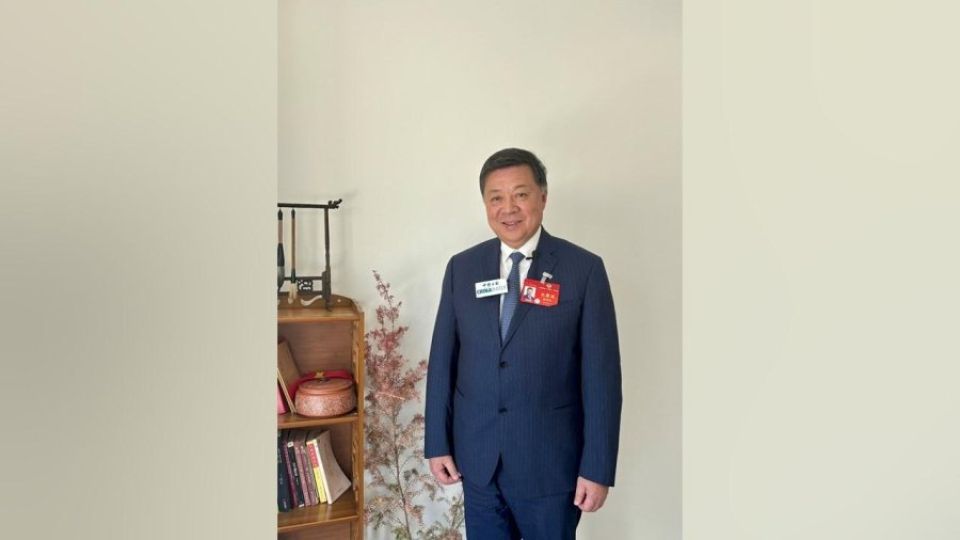March 11, 2024
HONG KONG – A prominent Hong Kong entrepreneur and member of the nation’s top political advisory body plans to step up efforts to bolster the confidence of the 10-member Association of Southeast Asian Nations in the Chinese mainland’s economy and products.
Speaking to China Daily on the sidelines of the annual “two sessions” in Beijing, Henry Tan – a National Committee member of the Chinese People’s Political Consultative Conference – said China’s growth is still very good compared to that of other major economies, as the mainland recorded about 5.2-percent growth last year and has forecast 5-percent growth for 2024.
“As mentioned in the Government Work Report presented during the current annual session of the nation’s top legislature, whether it’s our C919 aircraft or new energy vehicles, we have an approximate 60-percent market share worldwide. We’ve done very well in solar power and other new energy sources too,” he said.
Tan, who has long been doing business in Southeast Asian and the Pacific island countries, says the Hong Kong Special Administrative Region can serve as a bridge linking the mainland with the ASEAN market — a region with a population of 600 million.
As chairman of the Textile Council of Hong Kong, he said the council will sign a cooperation memorandum in Hong Kong this month with the China National Textile and Apparel Council, the ASEAN Federation of Textile Industries, and the Hong Kong General Chamber of Textiles, and a joint forum on the Belt and Road Initiative will be organized.
Tan notes that many Hong Kong manufacturers have factories in the ASEAN member states, and are familiar with, and knowledgeable about the ASEAN market. This enables the special administrative region to give full play to the city’s role as a bridge between China and the regional grouping.
In fact, the SAR has long served as a crucial link between the mainland and overseas markets, attracting investments, promoting foreign products, and exporting mainland goods – a role that can be further expanded, he said.
As a traditional trading center, the HKSAR should actively participate in bilateral and multilateral trade agreements, leveraging its position as an international gateway. Tan believes that the SAR’s accession to the Regional Comprehensive Economic Partnership would further optimize its foreign trade and investment layout, facilitating the city’s high-level openness to the world.
He proposed developing Hong Kong into a global fashion center, utilizing its excellent research and development in new materials in the textile and apparel industry. “We hope everyone knows that Hong Kong’s textile business can use its research and development achievements to transform them into marketable products.”
In Tan’s view, the Guangdong-Hong Kong-Macao Greater Bay Area, a tech powerhouse, offers ample opportunities for enterprises from Hong Kong and ASEAN in high technology, intelligent and automated production.
He also suggested that an international education center in Hong Kong be set up, backed by the city’s prestigious universities, including five ranking within the top 100 educational institutions worldwide.
As honorary chairman of the advisory committee of The Hong Kong Polytechnic University’s College of Professional and Continuing Education, as well as a former advisory committee member of the university’s Institute of Textiles and Clothing, Tan urged overseas students to consider studying in the SAR, and suggested attracting foreign students, particularly from ASEAN member states engaged in the Belt and Road Initiative.
Tan believes that education in Hong Kong would offer overseas students a convenient and culturally immersive experience, promoting better understanding of the mainland and its culture.


